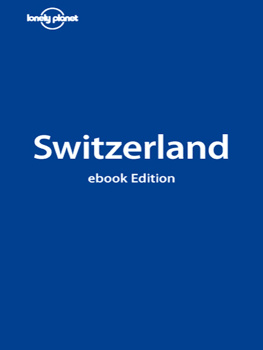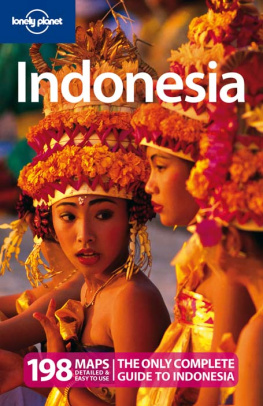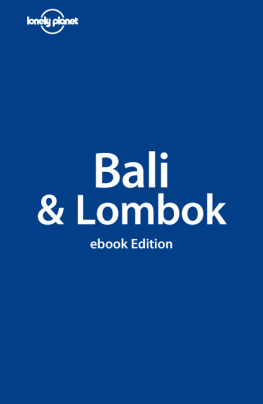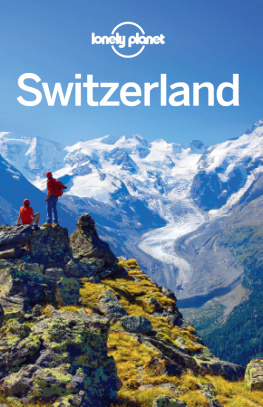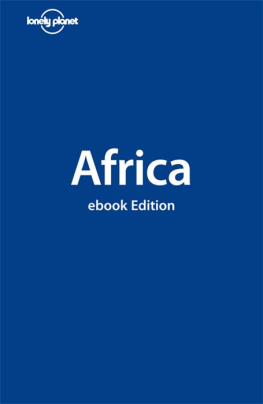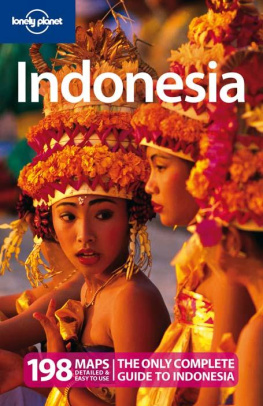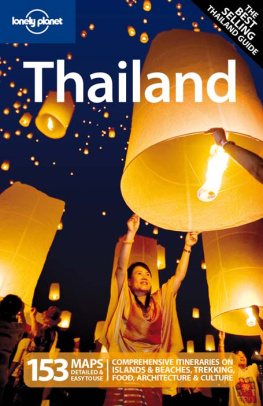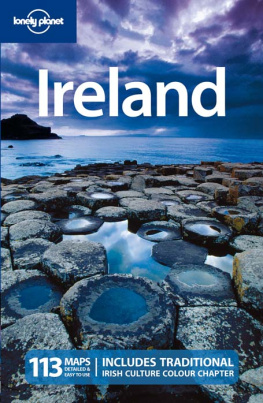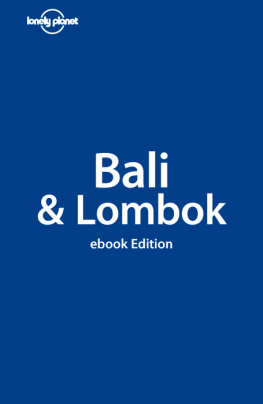Destination Switzerland
What giddy romance and glamour Zermatt, St Moritz, Davos and other glitterati-encrusted names evoke: from the intoxicated chink of multimillionaires in Verbier hobnobbing over Champagne cocktails poured in ice-carved flutes to the comforting jangle of the cows coming home to sgraffito-blazoned farmsteads in the Engadine, seduction is head-over-heels complete. Ride a little red train between peak and pine, soak in mountain spa water, snowshoe to your igloo, fall madly in love with painted bridges in Lucerne and know life in this snug, smug, truly ravishing enclave in Europe is good.

FAST FACTS
- Population: 7.59 million
- Non-Swiss nationals: 20.7% of total population
- Area: 41,285 sq km
- GDP: Sfr480 billion (2007)
- GDP per capita: Sfr65,830 (2007)
- GDP growth: 1.9%
- Inflation: 2%
- Unemployment rate: 2.4% (2007)
- Average life expectancy: 77.9 (men), 83.7 (women)
- Highest point: Dufour-spitze (4634m)

This is after all Sonderfall Schweiz (literally special case Switzerland) a rare and refined breed, a privileged neutral country set apart from others, borne out by its 1874 constitution . Despite moves towards greater international cooperation (such as finally ditching border controls for Schengen countries in December 2008) coupled with the gargantuan presence of global institutions in Geneva, much about modern-day Switzerland is idiosyncratic, insular, parochial and unique. Few countries promote direct democracy through referenda and practise armed neutrality with a trained militia that will never find itself face to face with an enemy (given its neutrality).
No paradise is invincible. The world financial crisis in late 2008 took victims in Switzerland in the shape of the countrys largest bank which would have gone belly up without state bailout . A violation of human rights and the Swiss constitution according to the government, the minaret matter, in true Swiss style, will be decided in a national referendum that is likely to take years to happen.
Reinventing the Alps is the hot topic at higher altitudes. With great success world-class architects are respectfully weaving futuristic apartments clad in larch-wood tiles (Sir Norman Foster in St Moritz) and spiralling hotel towers of ecological dimensions (Herzog & de Meuron in Davos) into Switzerlands quintessential Heidi-postcard landscape of traditional wooden chalets and timeless church spires. But most pressing is not so much how to be green, how to be ecological, how to burn clean energy Swiss eco-angels have that sorted. Rather, it is what must be done to keep ski resorts sustainable as the globe warms: experts say forget sure-thing snow below 1500m by 2050.
The answer for in central Switzerland lies in a mammoth Sfr1.08 billion investment by Egyptian billionaire Samih Sawiris set to turn the sleepy village of 1350 inhabitants into a luxury megaresort of appeal year-round with its tropical pool, sandy beach and 18-hole golf course alongside traditional high-altitude skiing. A burning question is how much one of its 700-odd apartments will cost when it opens in 2014. As James Blunt, Sir Richard Branson and a rash of other celebrities, entrepreneurs and nouveaux-riches Russians already snap up the best properties on the market, Alpine real-estate prices are rocketing through the roof and out of the reach of less glam pockets.
Bollywood tourists tottering up Titlis premonsoon : this small, smart, secretive country is as eclectic as the extraordinary linguistic and cultural diversity on which it rests.
Getting Started


Most know Switzerland as one of those historical, tried-and-tested luxury destinations that requires planning months in advance to snag a room (yes, any room) in one of its mythical grande-dame establishments. Less know that Swiss style can also say hell to opulence, fly by the seat of its pants in some circles and be up for grabs with very little or, depending on the season, no advance planning or booking to speak of.

For climatic considerations and climate charts .

While you wont get by on tuppence, travelling in Switzerland doesnt have to mean investing a small fortune. And the return smooth, straightforward, famously reliable travel, generally well organised and free of bad surprises is huge.
WHEN TO GO
Summer, meaning June to September, offers the most pleasant climate for outdoor activities, obviously with the exception of exclusively winter sports. Indeed, some extreme pursuits such as canyoning are only offered at this time. Peak months are July and August when prices soar, accommodation gets fully booked and most sights are rammed with tourists. Predictably, youll find better deals and less people in summers shoulder months: April, May and October.
Bar the busy Easter break, spring is a beautiful time to explore the countryside. In Ticino, flowers blossom as early as March. Hikers planning to walk at high altitudes should be equipped for snow and ice well into June (and, in some tricky spots, all year). Mid-August to late October generally has fairly settled weather, and is a good period for hiking trips. For more on when to walk, .
In Alpine resorts the busy winter season kicks off mid-December and moves into full swing from Christmas onwards, closing down again when the snows start to melt around mid-April. Between the summer and winter seasons, Alpine resorts close down (except where year-round glacier skiing is on offer) or, at best, go into frustrating snooze mode.

HOW MUCH?
- See also Lonely Planet Index, inside front cover.
- Local newspaper Sfr2.50
- Public-transport ticket Sfr2
- 10-minute taxi ride Sfr15
- One-/six-day ski pass Sfr60/300
- Half-/full-day bicycle hire Sfr25/35
- 100g Toblerone chocolate bar Sfr2.50

Then, of course, there is Switzerlands fabulous fiesta of festivals around which to plan a trip: it parties year-round, although Switzerlands renowned international music festivals happen in summer, as do some of those lesser-known, decidedly eclectic local festivals that best express the countrys deep-rooted Alpine culture for more.
COSTS & MONEY
No denying it: Switzerland is pricey Geneva and Zrich were rated the worlds seventh and eighth most expensive cities in 2008. Compared to other European countries, travellers from North America and Australia will feel it particularly keenly, and even those from the UK and Scandinavia will notice the difference, despite it lessening in recent years. One very good piece of news is that petrol in Switzerland is cheaper than in neighbouring countries Austria, France, Germany and Italy.

